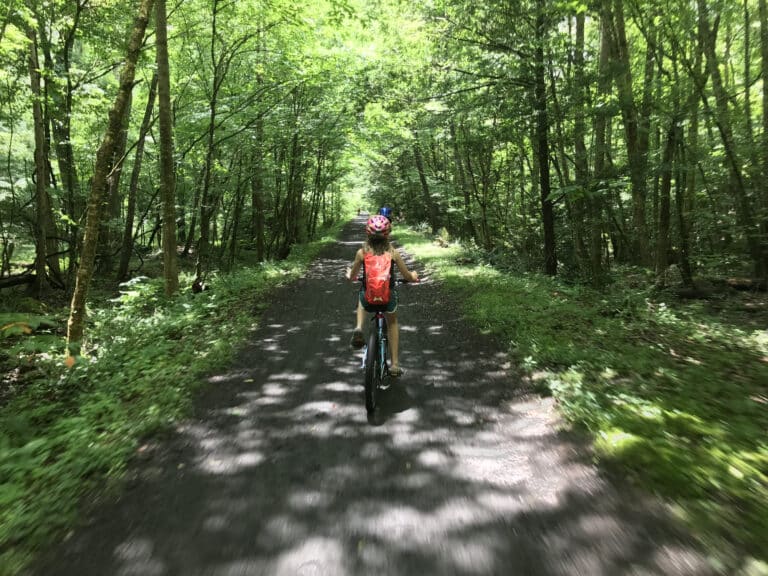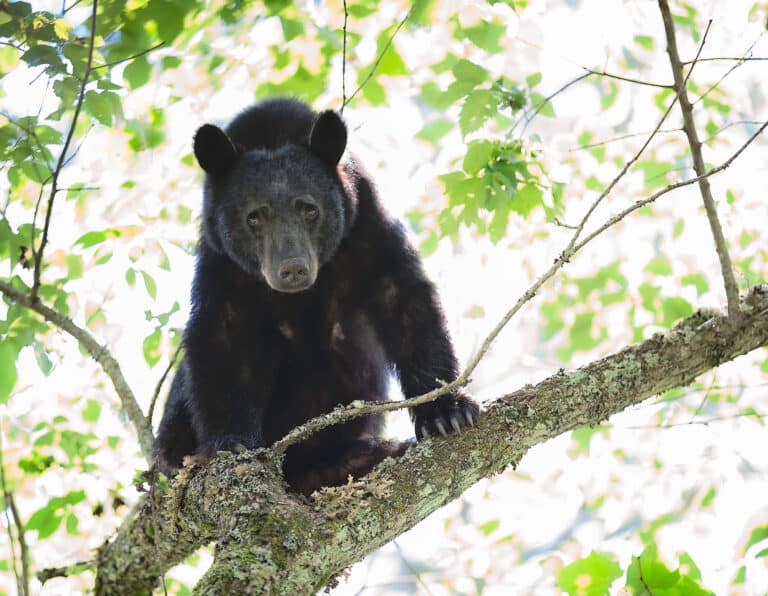Can you bare it? June 21 is Naked Hiking Day
This June 21 is best known as the summer solstice—the longest day of the year—but did you know that it is also (unofficially) Naked Hiking Day? If you decide to shed your clothing (not to mention your inhibitions) and hit the trails in only your birthday suit, keep in mind that local laws may not look so favorably upon your choice of attire.
There are no federal laws against nudity, so you wouldn’t be breaking the rules by hiking in the buff on U.S. Forest Service or National Park lands, but local and state laws may override federal laws in some areas. So before you hit the trail in only your hiking boots, do your research to ensure the naked miles you clock won’t be seen as a criminal act. It’s probably good practice to choose trails that don’t see a lot of traffic, too. Everyone knows it’s the longest day of the year but most aren’t expecting a full moon.
Are pogo sticks the next wave of zero-emission transportation?
A Swedish company has announced plans to release hundreds of pogo sticks in a number of cities around the world to compete with the electric scooter market. The company plans to deploy the pogo sticks in Stockholm and Malmo, Sweden and then in London and San Francisco. Between 100 and 200 pogo sticks could begin popping up (and down?) in the Bay Area sometime in the late summer or early fall.
The CEO of the pogo stick company, Adam Mikkelsen, says that pogo sticks can be used not only to get around but also as a form of exercise, as every pogo stick will track how many jumps the rider takes. “We’ve been following the micro-mobility movement and seen the demand,” Mikkelsen told KPIX 5 in San Francisco.
Report finds that forests in the southeast are being decimated to supply the biomass energy industry
A recently released report by the Natural Resources Defense Council, the Dogwood Alliance and the Southern Environmental Law Center has found that forests in the U.S. southeast are being devastated by the demand for wood pellets used to power biomass energy plants in Japan and Europe. The report reveals that native hardwood forests are being clear-cut in North Carolina, Virginia and along the Gulf Coast. The wood is then processed into pellets and shipped overseas to biomass facilities. The UN’s biodiversity report, released last month, noted that forests in the Southeast are being logged at four times the rate of the Amazon Forest.
Many nations across the world have identified biomass as a carbon-neutral source of energy and have begun using the fuel strategically as a way to reduce their carbon footprint. Biomass is generally marketed as low-grade wood that comes from sawdust or branches, but the report has revealed that that is not always—and perhaps not often—the case.








